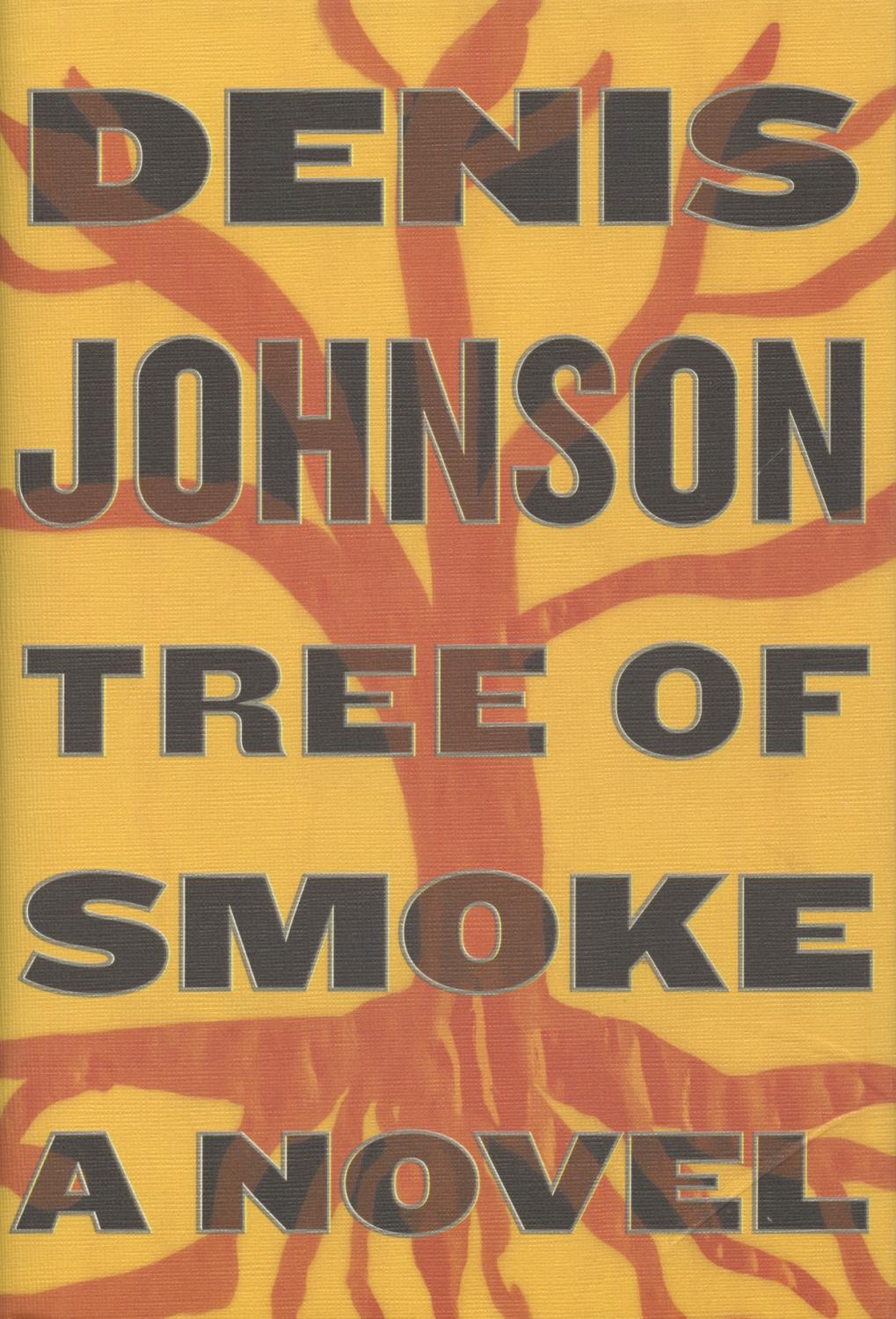
In addition to the Houston brothers, we meet spy-in-training Skip Sands, this novel’s “Quiet American,” and Skip’s uncle Colonel F. Since the beginning of his career, Johnson’s had an ear for the gritty nuances of speech, but the dialogue in this book has the stamp of lived-and-learned life, as if we’re eavesdropping on real people talking real talk, not the fragmented pseudo-speak that afflicts all too many of our avuncular auteurs. As Bill Houston’s younger brother, who follows him to Vietnam, says, “Family better count for something. Family matters, but only in a sad, haunted kind of way. In Tree of Smoke , death is everywhere, beauty hallucinatory, and “nothing ain’t exactly nothing no more.” This isn’t the same as saying that nothing matters. In Angels, “Death is the mother of all beauty,” a line from Wallace Stevens’s “Sunday Morning,” is inscribed over a gas chamber in a New Mexico state penitentiary. Right away, we’re in trademark Johnson territory: the world as we know it, only not at all. and we’re halfway around the world, tagging along with Seaman Apprentice William Houston Jr.-the devil in Johnson’s first novel, Angels -as he wades just barely sober through the jungle of Grande Island, in the Philippines. Tree of Smoke begins in 1963 with the assassination of President Kennedy, only it’s 3 a.m.


In fact, since the publication of his first novel, in 1983, he has been preoccupied with the paradoxical notions of self-sacrifice and salvation in our modern world-but never before has Johnson’s writing been quite so haunted and harrowing as it is in his massive new novel, twenty-five years in the works. What tends to get left out of most discussions of that book is that Johnson structured it loosely around the Stations of the Cross. Denis Johnson is best known for his slim novel-in-stories Jesus’ Son, which since its publication in 1992 has become something of a young writers’ how-to guide.


 0 kommentar(er)
0 kommentar(er)
